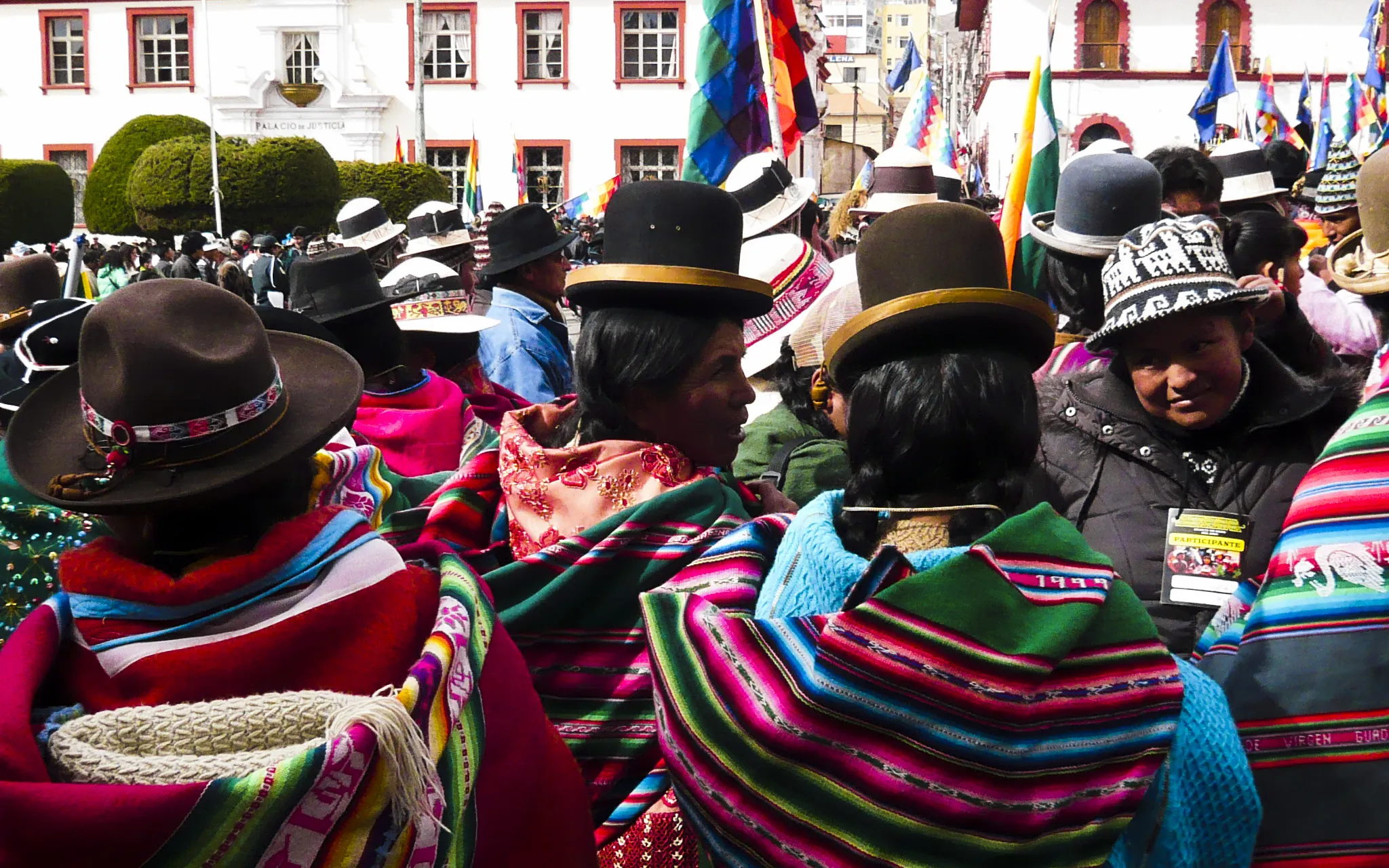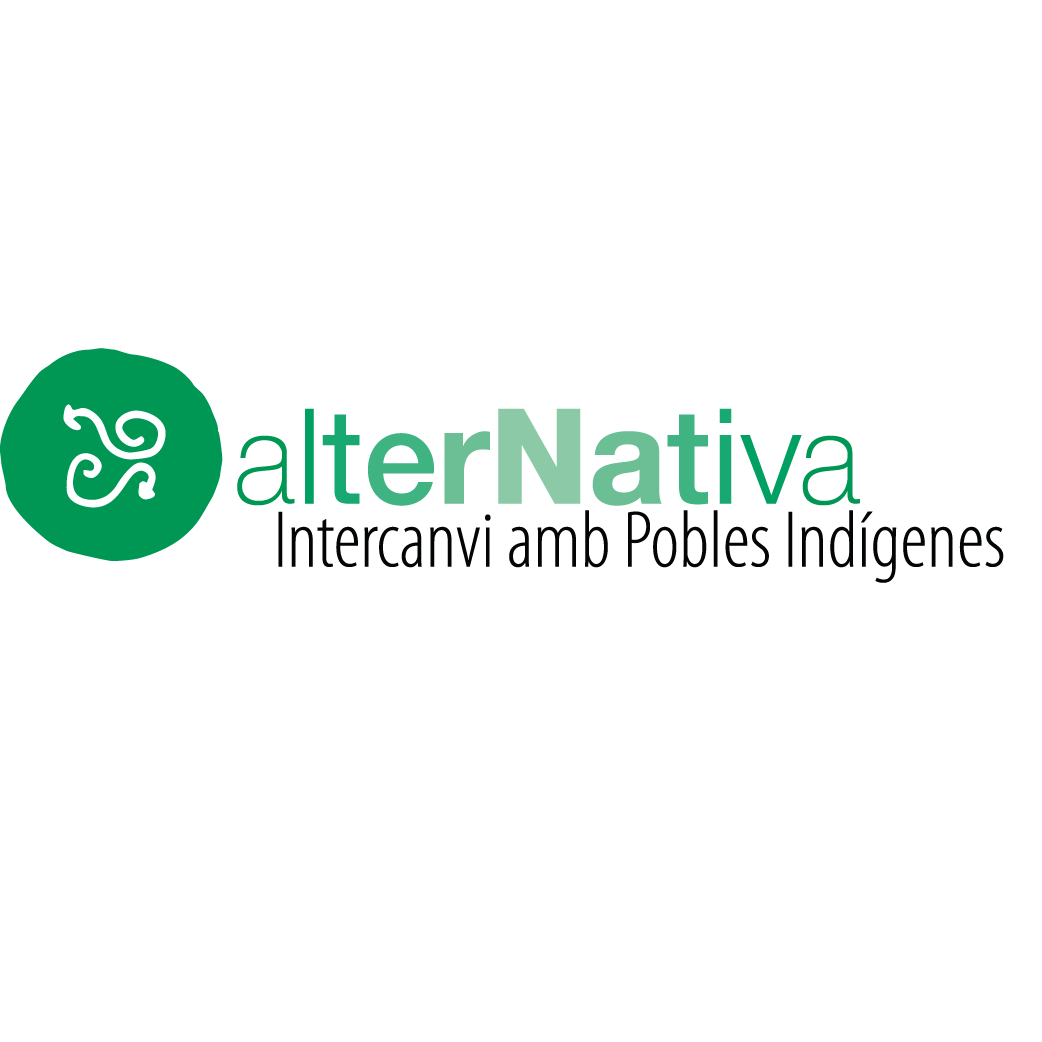
In the current context of the Covid-19 pandemic, rights violations have worsened: aggravated inequalities, lack and fragility of healthcare systems, the theft of land and vital resources such as water, or the disappearance of a productive economy and basic sources of subsistence.
In recent years, attacks and criminalization on indigenous peoples and human rights defenders have grown at an unprecedented rate: arbitrary tracking and arrests, threats, land dispossessions and killings of human and collective human rights defenders are everyday occurrences. In this sense, the defence and exercise of their rights that indigenous peoples promote (especially regarding their lands, territories and natural resources) is penalized and incriminated through a specific use of legislation and the judicial system, where instruments intended for their protection may end up turning against them. In the current context of the Covid-19 pandemic, rights violations have worsened: aggravated inequalities, lack and fragility of healthcare systems, the theft of land and vital resources such as water, or the disappearance of a productive economy and basic sources of subsistence.
From Catalonia, organisations such as alterNativa Intercanvi amb Pobles Indígenes (alterNative Exchange with Indigenous Peoples), accompany the processes of vindication and defence of the rights of indigenous peoples recognised internationally in the ILO-convention 169 and the United Nations Declaration on the Rights of Indigenous Peoples, denouncing the systemic violations they suffer by states and companies operating in their territories. With a rights-based approach, they work with grassroots organisations through instruments such as Cooperation, Applied research, Communication and Mobilization, and Political advocacy in Catalonia and internationally.
With a global perspective, the voice of indigenous peoples is also being promoted in Catalonia through INDIFEST, the Barcelona Indigenous Film Festival, which in 2021 will celebrate its 14th edition. Organised by alterNativa in coordination with CLACPI (Latin American Coordinator of Cinema and Communication of Indigenous Peoples), the main objective of this festival is to promote the cinema and voices of these peoples, as well as to raise awareness about social, economic, cultural and environmental alternatives to hegemonic and homogenising models of development.
At the same time, awareness and advocacy campaigns are being carried out jointly with Abya Yala communities, such as the 'Water is Life' campaign, which denounces the situation of the maia Q'eqchi’ peoples, who fight against the illicit construction of the OXEC-RENACE hydroelectric complex on the Cahabón River, Alta Verapaz (Guatemala). Built by Grupo Cobra, a subsidiary of the Spanish company ACS, it is leaving entire communities without water, causing food and health problems, the extinction of protected fauna and flora, and aggravating the climate emergency. The company also violates the collective right to a Free, Prior and Informed Consent of ILO-convention 169, and fundamental rights of defenders such as Bernardo Caal Xol, Q'eqchi' leader who has been criminalized and sentenced to more than seven years in prison.
At the level of institutional impact, the work is developed in a network in conjunction with the CLACPI, the CODPI-Coordination for the Rights of Indigenous Peoples in Spain; the Catalan Group of Companies and Human Rights of Lafede.cat; the Weaving Resistance Network, the Socially Responsible Public Procurement Group or the Global Business and Human Rights Campaign. From all these places, different initiatives are developed that promote the visibility and protection of Defenders of human rights; denouncing the violation of rights by companies and extending the framework of rights between administrations: work that is coherent with public policies for their effective compliance, including social clauses in public procurement, or the promotion of the Catalan Evaluation Centre of companies abroad and the political and institutional recognition of the Rights of Indigenous Peoples for the effective implementation of ILO-convention 169.
We must continue to focus on a key idea: it is more urgent and necessary than ever to restore social systems that put the health of people and the planet at the centre of public policies, ensuring the preservation and fulfilment of everyone’s individual and collective human rights, including those of indigenous peoples.



Add new comment